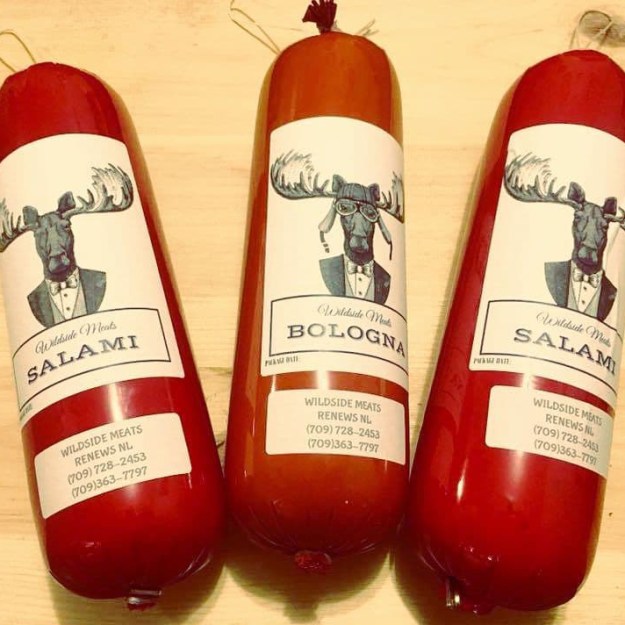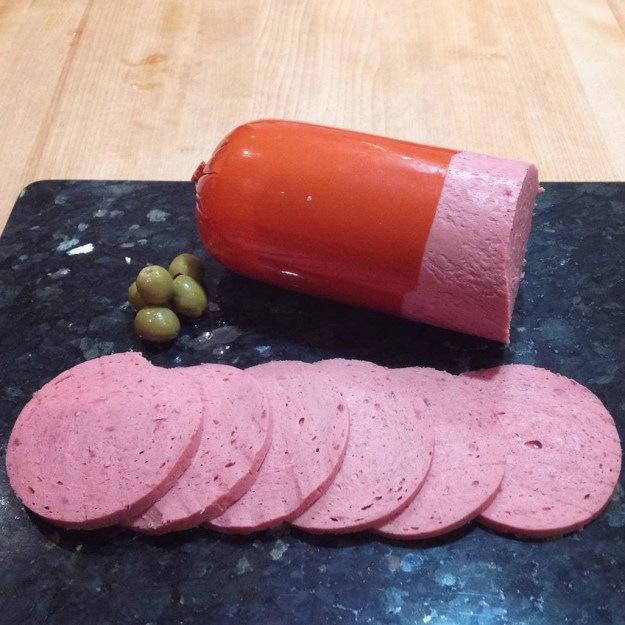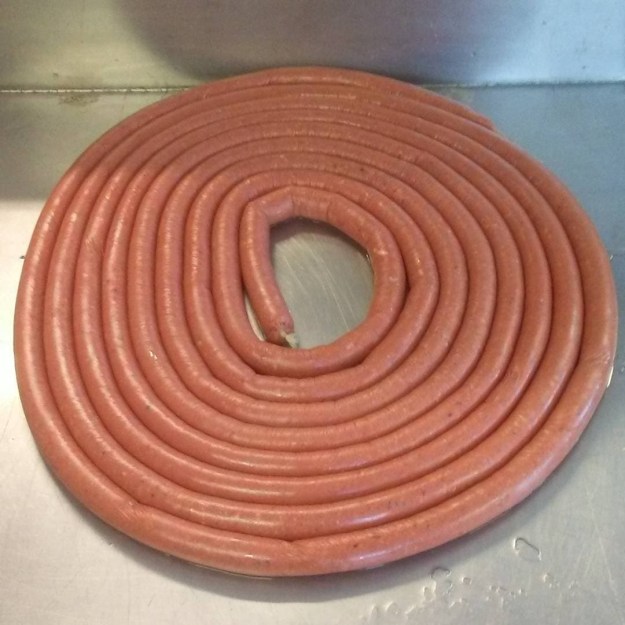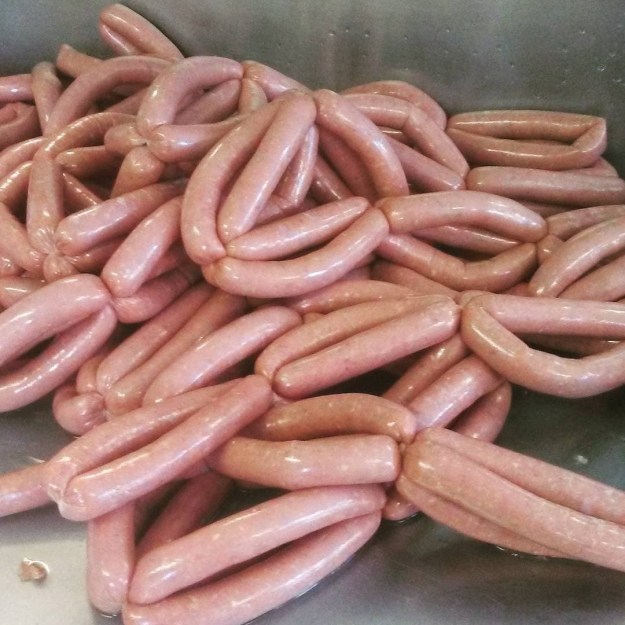There’s not a lot going on in Renews these days. Some locals might tell you, tongue half in cheek, that there really hasn’t been much going on since the Mayflower threw down an anchor in the harbor on its way to Plymouth Rock. This probably never happened, but don’t say that to whoever’s telling the story. Like most of the towns on the Southern Shore of the Avalon Peninsula—outports, as the locals call them—Renews hasn’t been the same since the collapse of its cod fishery in 1992.
Josh Kane grew up in Renews, aware that he was in a town that was fading. As a teenager, he saw young people leave for Alberta to work on the oil sands or offshore on oil rigs. He never imagined he’d start a business in a town where the last remaining retail store shut down more than a decade ago.
“You could see it dying down. You could see the buildings wearing down and the boats getting dilapidated,” says Kane. “When we started thinking about what was after high school, I don’t even think fishery was mentioned ever, honestly.”
Kane, 30, trained for his trade culinary qualifications in St. John’s, the capital of Newfoundland and Labrador and was working toward a career in commercial kitchens.
But in late 2017, he found himself drawn back to Renews to help his friends and older brother build Wild Side Meats, a butchery specializing in locally hunted moose and other wild animals, using traditional methods whenever possible.


“The guys didn’t really know what they were getting into,” says Kane, laughing. “They really liked the idea of having something sustained in Renews and keeping the old ways alive, but they just didn’t have the skills to be able to properly run a business.”
A thing you should know about Newfoundlanders is that they really like bologna. Like, a lot. They also really like hunting. Although Renews has traditionally been a fishing town, its identity relies just as much on the vast woods nearby. Every year locals head off to their cabins with rifles strapped to ATVs, ready to bag their annual moose. But there are only a few qualified butchers still around who can process the meat for them. Wild Side’s trick is to combine these two great loves for a distinctly Newfoundland take on charcuterie—not just moose and wild rabbit pepperoni and salami, but even moose bologna, an unsurprising island wide hit.
“Our biggest thing is keeping true to the meat,” says Kane. “If you’re having moose sausages, you just get moose.” Wild Side doesn’t use the preservatives you find in most processed meats, either. “Back in the day they didn’t have a lot of access to all kinds of nitrates and that type of stuff.”
Kane hopes that making lean game and other less-processed foods available will improve the diet in the area. One of the biggest issues facing Newfoundlanders is access to quality fresh food. Most fruit and vegetables are shipped from the mainland, and even in St. John’s produce is usually expensive and mediocre. For many the modern diet means fast food, a major contributor to the highest rates of diabetes, high blood pressure, and obesity of any Canadian province. According to a recent action plan from the provincial government, 63 percent of residents over the age of 12 have at least one chronic disease.
“Our diet-related diseases here are out of control,” Kane says. “But luckily people are starting to step away from that. … I’m getting a lot of questions asking not only what’s in our food but where it’s coming from. I’ve spent a lot of time getting nutritional breakdowns of our recipes.”


One sign that a shift is happening is the increased popularity of farmers markets around the province. The St. John’s Farmers’ Market, now 10 years old, will move into a dedicated building later this year. Kane hasn’t managed to secure a place there for 2018, but he spends much of his time on the road around the province, dealing with markets and specialty stores and delivering on direct sales arranged via Facebook. One evening a month, he rents a space in the Albatross Hotel to display Wild Side products. “It’s a little bit nicer than slinging out of the back of the truck.”
This summer Kane plans to turn his attention to foraged wild mushrooms and native Newfoundland berries, like bakeapple. Their seasonal picking is an almost sacred ritual for the older people in the community, yet restaurants in the city have few commercial sources who sell these berries fresh. It’s a gap in the market that Wild Side can fill.
“What I want to do is buy them from local grandmas and granddads, clean them and pack them, and then get them to the proper sources,” he says. “I know a lot of cooks and chefs in town that are dying to find these things, so it’s just making those connections.”
Kane is currently scouting land for a new location closer to the highway that will allow him to set up a more permanent retail operation for Wild Side this summer. He hopes that the business will also serve as a reminder to passing cars that this town isn’t completely gone. Like the future of all the places affected by the fisheries’ collapse, the future of Renews is hardly certain. But the next generation isn’t ready to give up just yet.
“It’s hard to say what way it will go,” Kane says. “In the last five years or so I’ve definitely noticed some developments, even young families starting off. I don’t think we’ll ever get back to what it was when the fishery was booming, but I don’t think it’s dying out, either.”